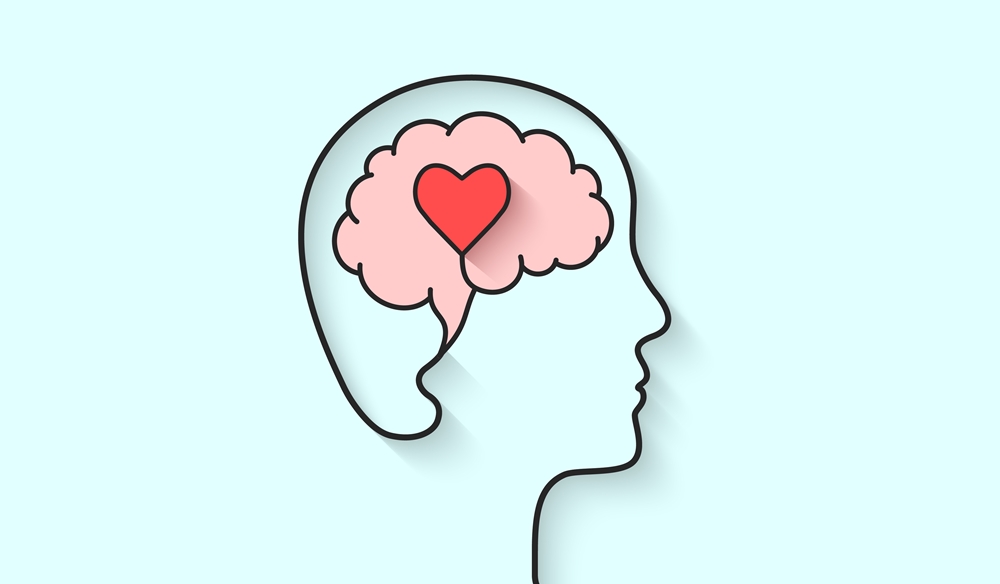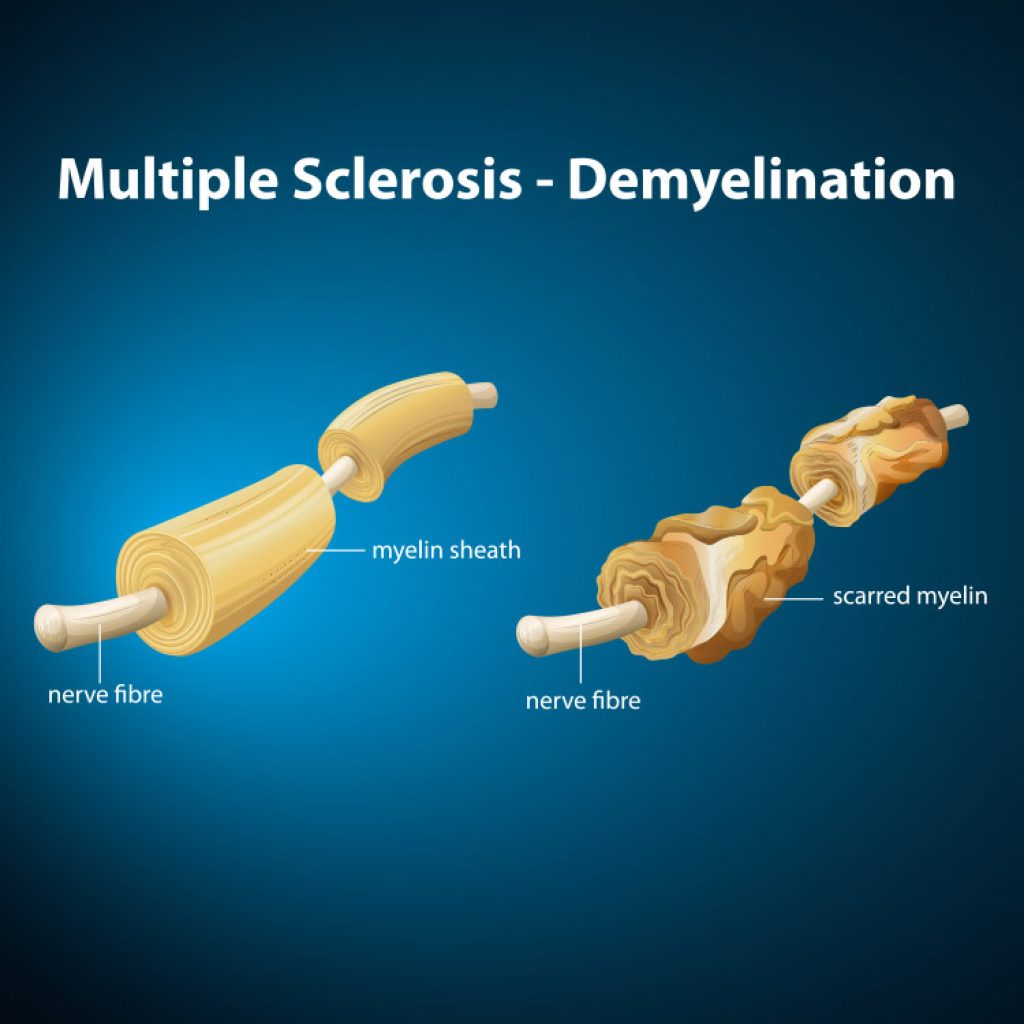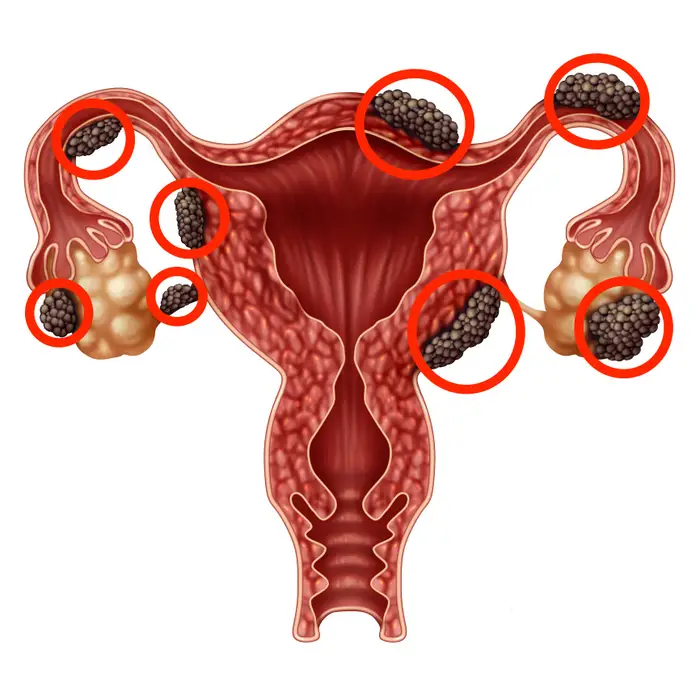Blog
Mental Health and Diet
Mental health is an important aspect of overall well-being, and it is increasingly recognized that diet plays a role in maintaining good mental health. Here is a look at how diet can impact mental health and some tips for incorporating healthy eating habits into your life.
The link between diet and mental health
There is growing evidence to suggest that the food we eat can have an impact on our mental health. For example, research has found that a diet high in fruits, vegetables, and other plant-based foods is associated with a lower risk of depression and anxiety. On the other hand, a diet high in processed and sugary foods is linked to an increased risk of these conditions.
There are a few potential mechanisms through which diet may affect mental health. For one, certain nutrients found in healthy foods, such as omega-3 fatty acids and certain B vitamins, are important for brain health and function. A diet lacking in these nutrients may contribute to the development of mental health problems.
In addition, the gut microbiome, the collection of bacteria that live in the digestive system, has been shown to play a role in mental health. A healthy gut microbiome is associated with a lower risk of depression and anxiety, and a diet high in fiber and other nutrients that support a healthy microbiome may help maintain good mental health.
Tips for incorporating healthy eating habits
- Focus on whole, unprocessed foods: These types of foods are generally higher in nutrients and lower in additives and unhealthy ingredients.
- Eat a variety of fruits and vegetables: These are rich in nutrients and antioxidants, which may help support overall health and well-being.
- Limit processed and sugary foods: These types of foods are often high in added sugars and unhealthy ingredients, and may contribute to the development of mental health problems.
- Consider incorporating sources of healthy fats: Foods such as avocado, olive oil, and nuts are high in healthy fats and may support brain health.
- Don’t forget about hydration: Staying hydrated is important for overall health, and it may also support mental clarity and focus.
However, certain medications used to treat mental health conditions, such as antipsychotics and antidepressants, may also affect nutrient status and metabolism. Here is a look at some of the nutrient deficiencies that may be caused by these medications.
Antipsychotics: Antipsychotics are a type of medication used to treat mental health conditions such as schizophrenia and bipolar disorder. These medications may cause a number of nutrient deficiencies, including:
- Vitamin D: Antipsychotics have been shown to cause a decrease in vitamin D levels, which may increase the risk of bone problems and other health issues.
- Vitamin B12: Antipsychotics may cause a deficiency in vitamin B12, which is important for nerve function and the production of red blood cells.
- Folic acid: Some antipsychotics may cause a deficiency in folic acid, which is important for DNA synthesis and the production of red blood cells.
Antidepressants: Antidepressants are a type of medication used to treat depression and other mental health conditions. These medications may cause the following nutrient deficiencies:
- Folic acid: Some antidepressants may interfere with the absorption of folic acid, leading to a deficiency.
- Vitamin B12: Antidepressants may cause a deficiency in vitamin B12, which is important for nerve function and the production of red blood cells.
- Magnesium: Some antidepressants may cause a deficiency in magnesium, which is important for muscle function and energy production.
It is important to note that these are just a few examples, and the specific nutrient deficiencies that may occur with a particular medication will depend on a variety of factors. If you are taking a medication for a mental health condition, it is a good idea to discuss potential nutrient deficiencies with our Medicinal Nutritionists.



